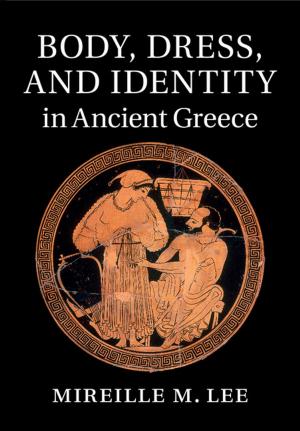Popular Morality in the Early Roman Empire
Nonfiction, History, Ancient History, Religion & Spirituality, Philosophy| Author: | Teresa Morgan | ISBN: | 9781139810708 |
| Publisher: | Cambridge University Press | Publication: | August 9, 2007 |
| Imprint: | Cambridge University Press | Language: | English |
| Author: | Teresa Morgan |
| ISBN: | 9781139810708 |
| Publisher: | Cambridge University Press |
| Publication: | August 9, 2007 |
| Imprint: | Cambridge University Press |
| Language: | English |
Morality is one of the fundamental structures of any society, enabling complex groups to form, negotiate their internal differences and persist through time. In the first book-length study of Roman popular morality, Dr Morgan argues that we can recover much of the moral thinking of people across the Empire. Her study draws on proverbs, fables, exemplary stories and gnomic quotations, to explore how morality worked as a system for Roman society as a whole and in individual lives. She examines the range of ideas and practices and their relative importance, as well as questions of authority and the relationship with high philosophy and the ethical vocabulary of documents and inscriptions. The Roman Empire incorporated numerous overlapping groups, whose ideas varied according to social status, geography, gender and many other factors. Nevertheless it could and did hold together as an ethical community, which was a significant factor in its socio-political success.
Morality is one of the fundamental structures of any society, enabling complex groups to form, negotiate their internal differences and persist through time. In the first book-length study of Roman popular morality, Dr Morgan argues that we can recover much of the moral thinking of people across the Empire. Her study draws on proverbs, fables, exemplary stories and gnomic quotations, to explore how morality worked as a system for Roman society as a whole and in individual lives. She examines the range of ideas and practices and their relative importance, as well as questions of authority and the relationship with high philosophy and the ethical vocabulary of documents and inscriptions. The Roman Empire incorporated numerous overlapping groups, whose ideas varied according to social status, geography, gender and many other factors. Nevertheless it could and did hold together as an ethical community, which was a significant factor in its socio-political success.















